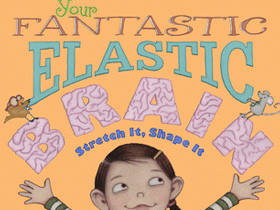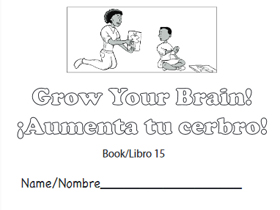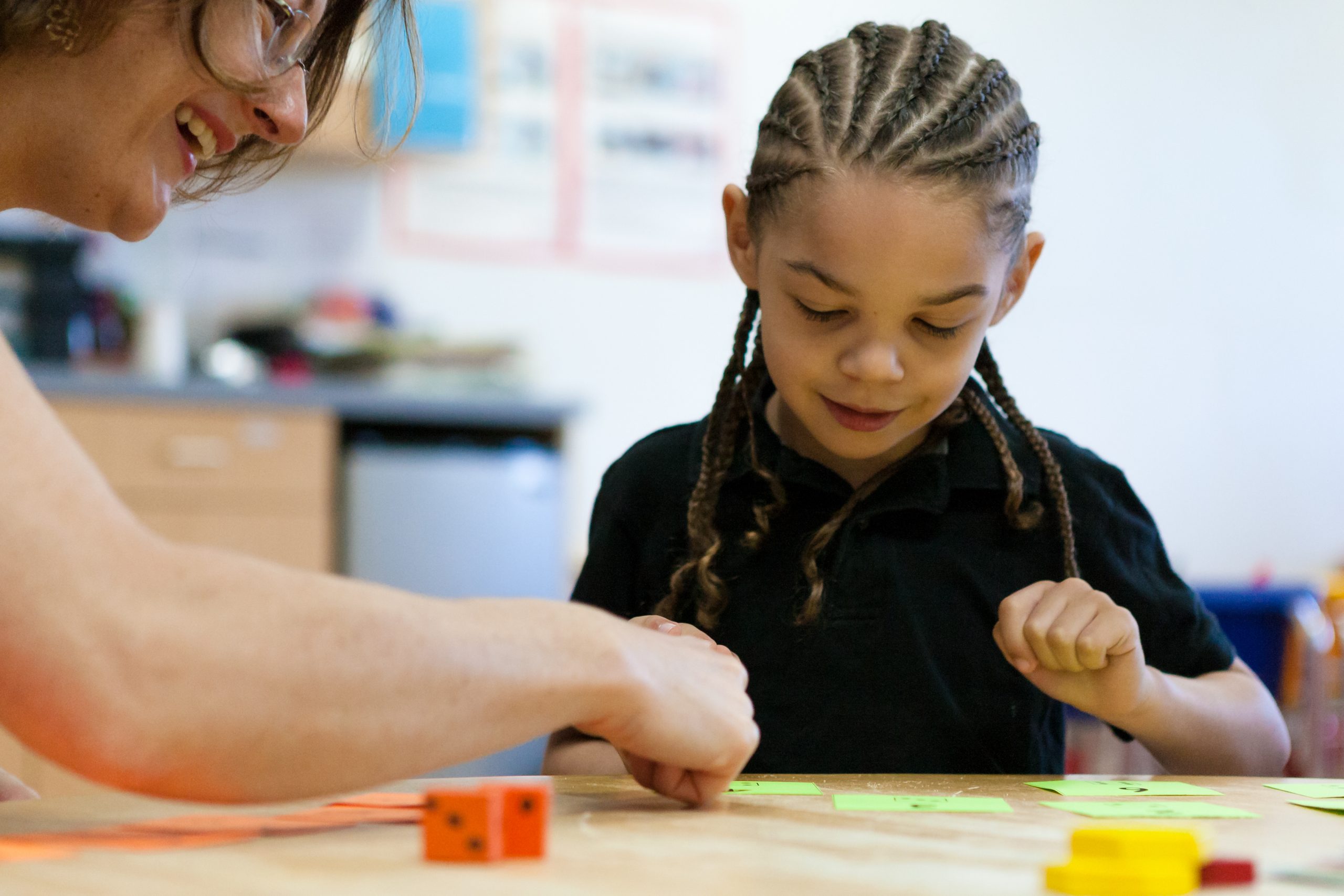Many people may feel that they can’t ever get better at math. They may say, “Oh, I’m not a math person”, but this really reflects a fixed mindset around math. Early childhood educators and families can nurture children’s mathematical mindsets and help foster a love of learning by focusing on giving children positive math experiences and encouraging children through challenging activities. All children can succeed in mathematics given strong instruction and a positive attitude toward learning.
“We want all children to have can-do attitudes about math. Because if they think they don’t have a ‘math brain’, they may easily give up and not invest time and effort in learning math.”
CLASSROOM CONNECTION
 |
What does your brain do and can you make it grow and get stronger? In kid-friendly language, this picture book explains that your brain controls everything you do and that learning new things strengthens your brain and helps it grow. When you learn something new, your brain stretches and grows. Part of learning new things is being wrong and making mistakes and figuring out how to solve the problem the next time (or after 100 tries). Read Your Fantastic Elastic Brain with your class. Have a discussion about the role of effort and trying challenging activities to grow your brain. |
 |
Science confirms that our brain grows when we challenge it. This mindset mini-book shows Levi challenging himself by trying a harder puzzle. His teacher encourages him by saying: “It’s okay if you make a mistake. In fact, we learn more from mistakes because mistakes challenge our brains. Just like a muscle, when you challenge your brain and exercise it, it gets stronger and smarter.” At the end of the book, children draw a picture of a time that they tried something new that was hard for them. |





